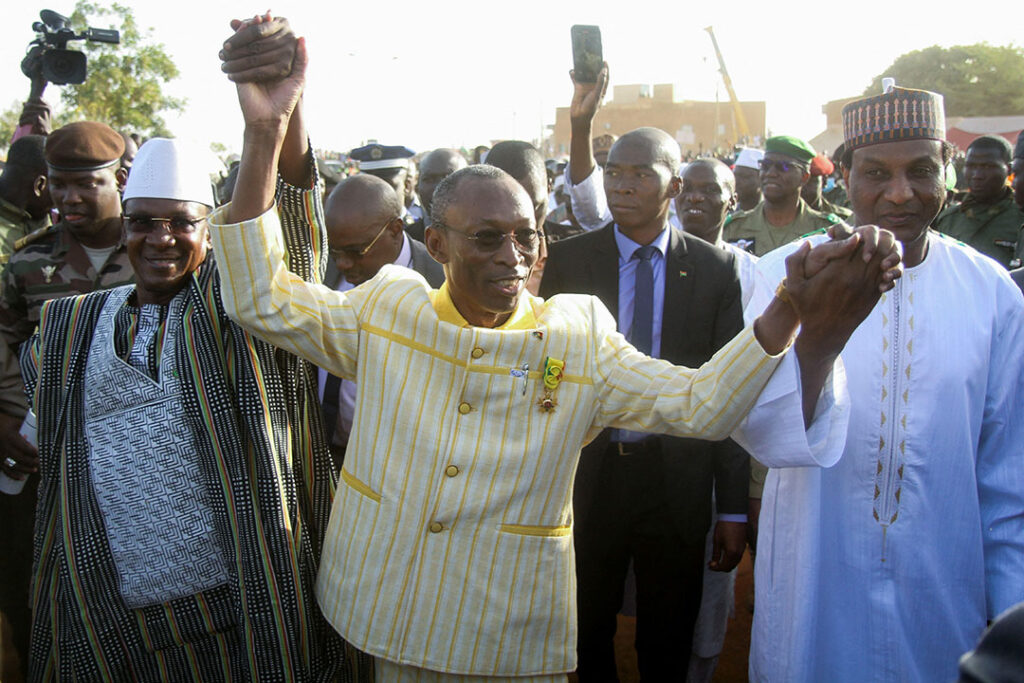ADF STAFF
Nigeriens flooded the streets of their capital, Niamey, to celebrate when their military-led government announced its exit from the Economic Community of West African States (ECOWAS) in January.
But all is not well in the Republic of Niger. The country’s recent $22 million debt default is one of many damaging side effects of its July 2023 military coup.
“Niger, Mali, and Burkina Faso withdrawing from ECOWAS amounts to a colossal act of economic self-sabotage,” Nigerian analyst Bulama Bukarti wrote on the social media site X, formerly known as Twitter, on January 28.
“This imprudent decision was driven solely by the narrow, narcissistic ego of the military juntas holding these nations hostage.”
Niger consistently has missed debt payments since the coup and now is in default on nearly $520 million, West African debt management agency UMOA Titres said in a February 19 statement.
ECOWAS and the West African Economic and Monetary Union (UEMOA) sanctioned Niger, although ECOWAS has since lifted sanctions that included border closures, the freezing of assets and the suspension of commercial transactions, Reuters reported.
Niger’s economy has been crippled since its coup. Basic services are scarce. Niger, already one of the least-electrified countries in Sub-Saharan Africa, has been cut off from about 70% of the electricity it previously drew from Nigeria.
“The current economic and financial sanctions have extremely negative consequences on the lives of the population,” Red Cross employee Abdallah Togola told The New Humanitarian magazine.
The ruling junta’s response to regional and international financial consequences has been one of extreme austerity. The military government said it reduced its projected spending for 2023 by 40% as a result of international sanctions. The budget, originally estimated to be $5.4 billion, was reduced to $3.3 billion. Authorities offered no details on where the reductions would occur.
“Isolating yourself from your closest neighbors amid an epic economic crisis is profoundly unwise,” Bukarti said. “Unfortunately, ordinary citizens who are led to believe this action serves their interests, will be the primary victims.”
“Niger’s military coup happened some seven months ago,” a prominent businessman, who requested anonymity, told Al Jazeera. “I think Malian and Burkinabe leaders have been grappling with the realities of governing for longer and aren’t as spirited as they once were … at least not when it comes to the UEMOA, evidently.”
In a new push for dialogue, ECOWAS on February 24 announced the lifting of most sanctions imposed on Niger, immediately ending the no-fly zone and border closures.
“There has been a change in tone, in language and also the approach of ECOWAS entirely to the sanctions and embargoes imposed on these three West African countries,” Al Jazeera journalist Ahmed Idris reported from the regional bloc’s summit.
ECOWAS also invited Burkina Faso, Mali and Niger to be part of “technical discussions of the ECOWAS bloc” without restoring them as full participants.
Idris said there is a “concern that unless ECOWAS brings these people back into the fold, there is the danger of coups spreading in West Africa.”

